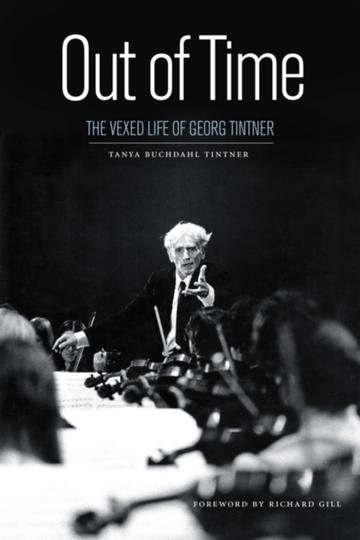Georg Tintner is best known to music lovers for his stunning interpretations of Bruckner’s symphonies he recorded on Naxos in the 1990s.
The first Jewish member of the Vienna Boys’ Choir, a composer at six, and a conductor at nineteen, Georg Tintner was one of the bright young musicians in Vienna, notwithstanding the city’s pervasive anti-Semitism. But the Anschluss in 1938 changed everything. He fled the Nazis and eventually arrived as a refugee in New Zealand, where the cultural and artistic contrast could not have been greater. In time he moved on to conduct opera in Australia but struggled to make a living. He tried to restart his career in South Africa and England, but real success came only after he moved to Canada at the age of seventy. Worldwide acclaim greeted his Naxos recordings of Bruckner’s symphonies, but it was too late. Suffering from cancer and unwilling to “crumble away,” he took his own life.
Georg Tintner’s story is the tragedy of the refugee and the culturally alienated artist. Socialist, vegetarian, and bicycle enthusiast, he was a man of principle, unwilling to compromise on musical and ethical matters no matter the cost. Tanya Buchdahl Tintner has written a thoroughly researched memoir of an artist who was like no other.



